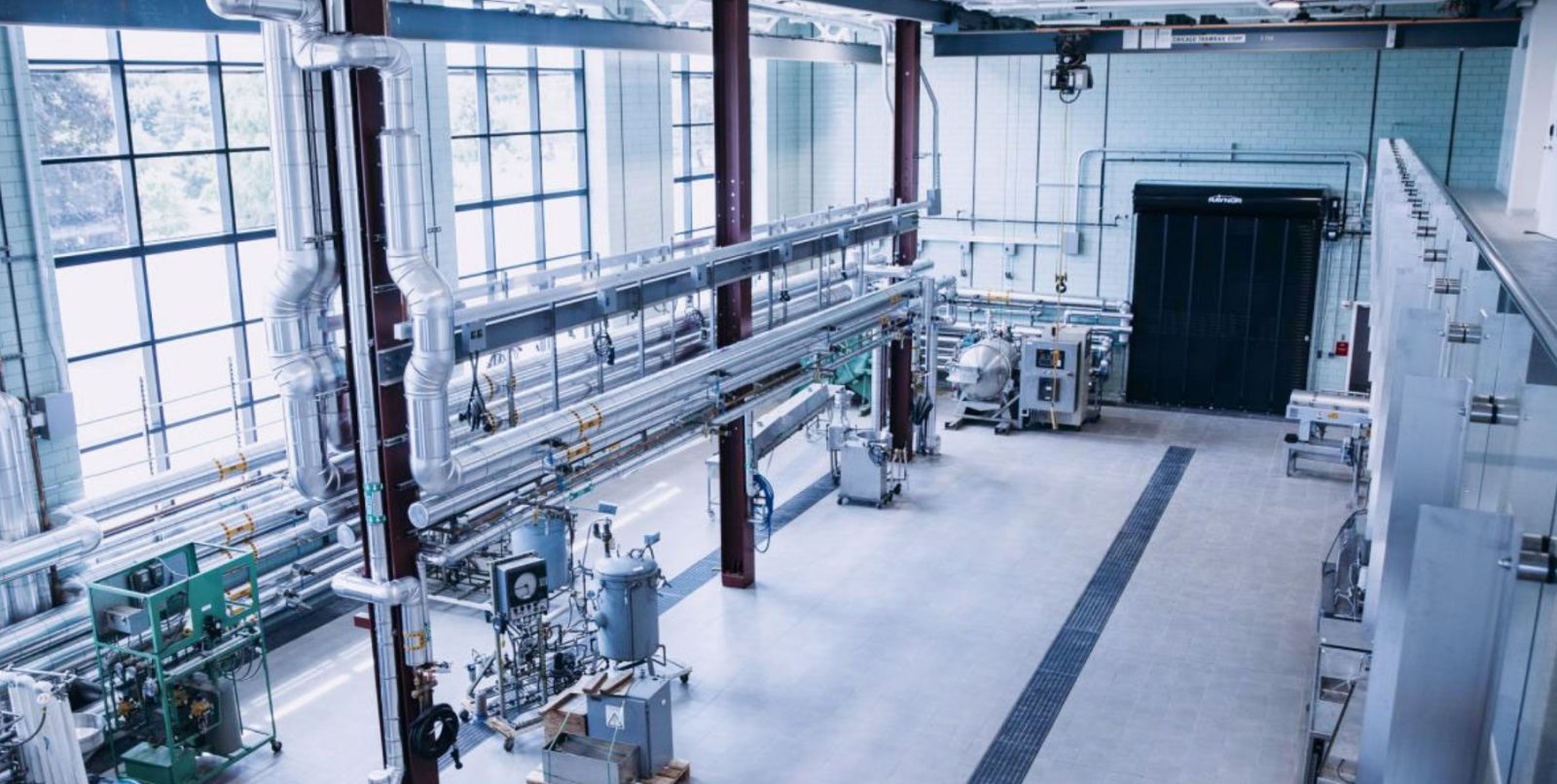
Anthro Energy just secured a $24.9 million grant from the US Department of Energy to help bolster the domestic battery supply chain – a move that will have a big impact on US EV production.
The Office of Manufacturing and Energy Supply Chains grant is part of the DOE’s push to modernize US infrastructure and boost clean energy innovation under the Biden-Harris administration’s Bipartisan Infrastructure Law.
The grant will allow Anthro Energy to convert an existing site in Louisville, Kentucky, into the first large-scale, US-owned and operated advanced electrolyte production facility.
So what exactly is advanced electrolyte? It’s a high-performance material that plays a critical role in lithium-ion batteries, helping them run safer, last longer, and perform better. These electrolytes are especially important for the next wave of battery innovation, which includes silicon anodes and high-voltage cathodes – tech that’s set to improve EVs.
Once the 25 GWh Louisville facility comes online, it will be capable of producing 12,000 metric tons of advanced electrolyte annually. That’s a big deal for the US battery supply chain because up until now, there hasn’t been a large-scale, domestically owned producer of this critical component on US soil.
Establishing this factory marks a significant milestone in strengthening US energy independence and reducing reliance on foreign supply chains for battery materials. Anthro says this new site will create 114 full-time jobs and 390 temporary construction jobs.
David Mackanic, CEO of Anthro Energy, called the grant a “pivotal moment” for the company and for US battery manufacturing. “Establishing the nation’s first facility for domestic production of advanced electrolytes is a game-changer; it strengthens our energy independence, bolsters the battery supply chain, and propels us toward a clean energy economy,” Mackanic said.
The Louisville project is also aiming to support the local community directly, with $2.5 million earmarked for workforce development, education, and sustainability initiatives.
This move is part of the DOE’s larger effort to build a resilient, clean energy economy and hit net zero by 2050. The Bipartisan Infrastructure Law aims to enhance US competitiveness, tackle the climate crisis, and ensure economic and environmental benefits reach disadvantaged communities.

Read more: GM Ventures invests $10M in Forge Nano’s game-changing EV battery technology
